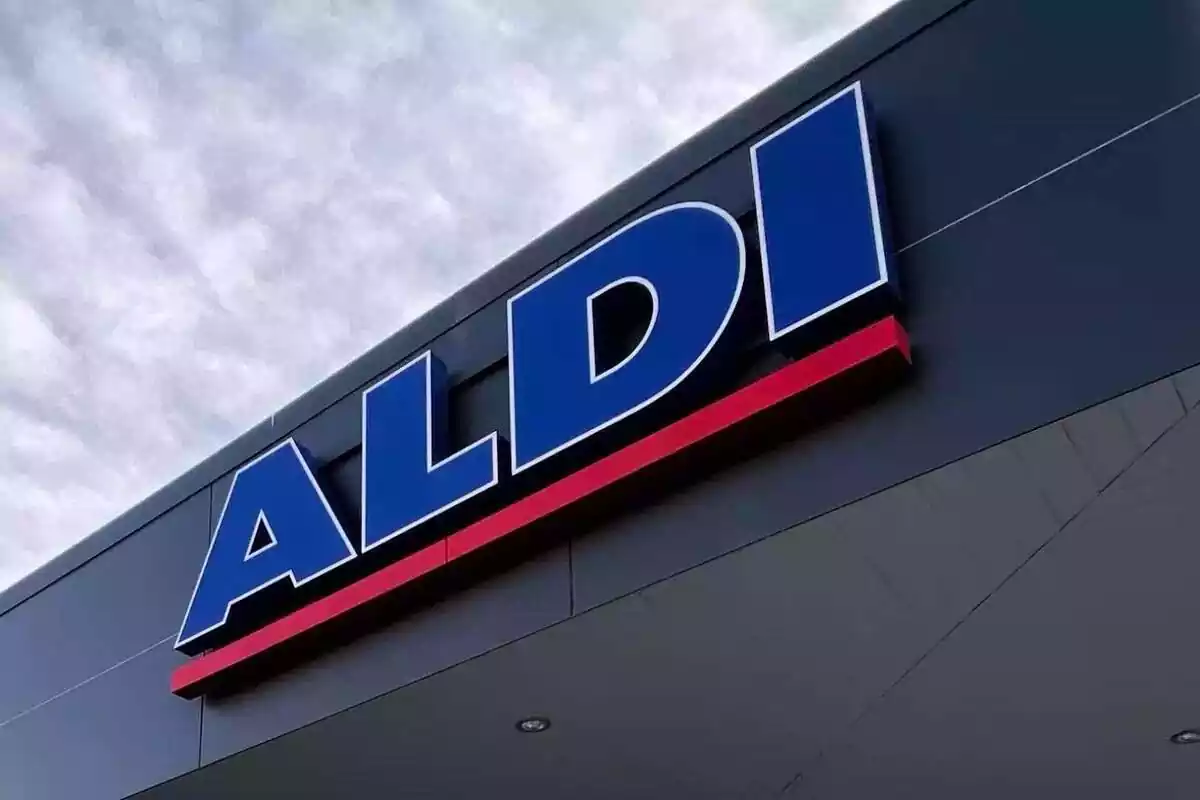In recent months, Aldi has increasingly captured attention in the U.S. market. The German chain, known for its minimalist approach and low prices, has gained ground against major competitors like Walmart and Target. Everything pointed to something significant being about to be confirmed.
Interest in Aldi grew as unofficial figures about its impact on daily shopping spread. Now, new data have cleared any doubts. What seemed like an isolated trend has turned out to be a deep change in the industry.

Aldi Positions as the Absolute Leader in Prices
According to the 2025 Price Leadership Report by Forbes, Aldi has been recognized as the chain with the lowest prices in the United States. This study compared essential products in cities like New York, Miami, Los Angeles, Houston, and Chicago. In all of them, Aldi outperformed Walmart, Target, and other prominent names in the sector.
One of the most relevant points of the report is the real savings that consumers can achieve. A family of four buying private labels at Aldi can reduce their annual grocery expenses by up to 36%. When compared to private labels from other chains, the savings remain significant, around 22%, which equals nearly 1,900 dollars a year.
During 2023, Aldi shoppers collectively saved more than 8.3 billion dollars. Additionally, the chain added 19 million new customers, thus consolidating its network of over 2,400 stores nationwide. This evolution shows that consumers are responding positively to Aldi's approach.

The Model That Challenges Retail Giants
The success of Aldi is not based solely on low prices but also on its business strategy. Its stores are smaller, with a simple design and no unnecessary elements. This allows for reduced operating costs and keeps prices more competitive without sacrificing quality.
This efficiency also translates into a better shopping experience. According to recent surveys, 77% of customers complete their purchase in less than 30 minutes. Additionally, 76% consider Aldi's private labels to be as good as traditional brands.
Throughout 2024, Aldi has opened 120 new branches and plans to add another 800 in the next five years. This expansion will generate about 90,000 jobs and is estimated to contribute 14 billion dollars to the U.S. economy. With the acquisition of the Winn-Dixie chain, Aldi further strengthens its position in key regions of the country.
Meanwhile, giants like Walmart and Target still haven't found an effective formula to compete on prices. Even Sam's Club has dropped in the rankings. The message is clear: Aldi has changed the rules of the game.

